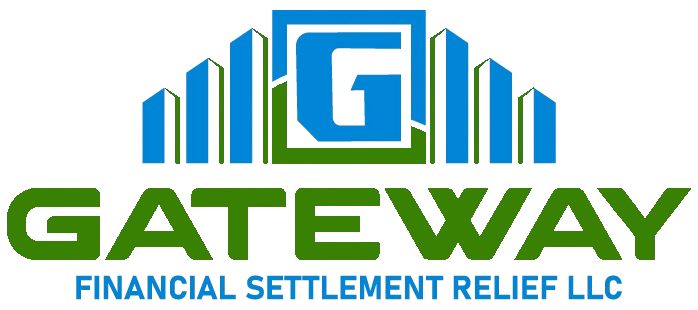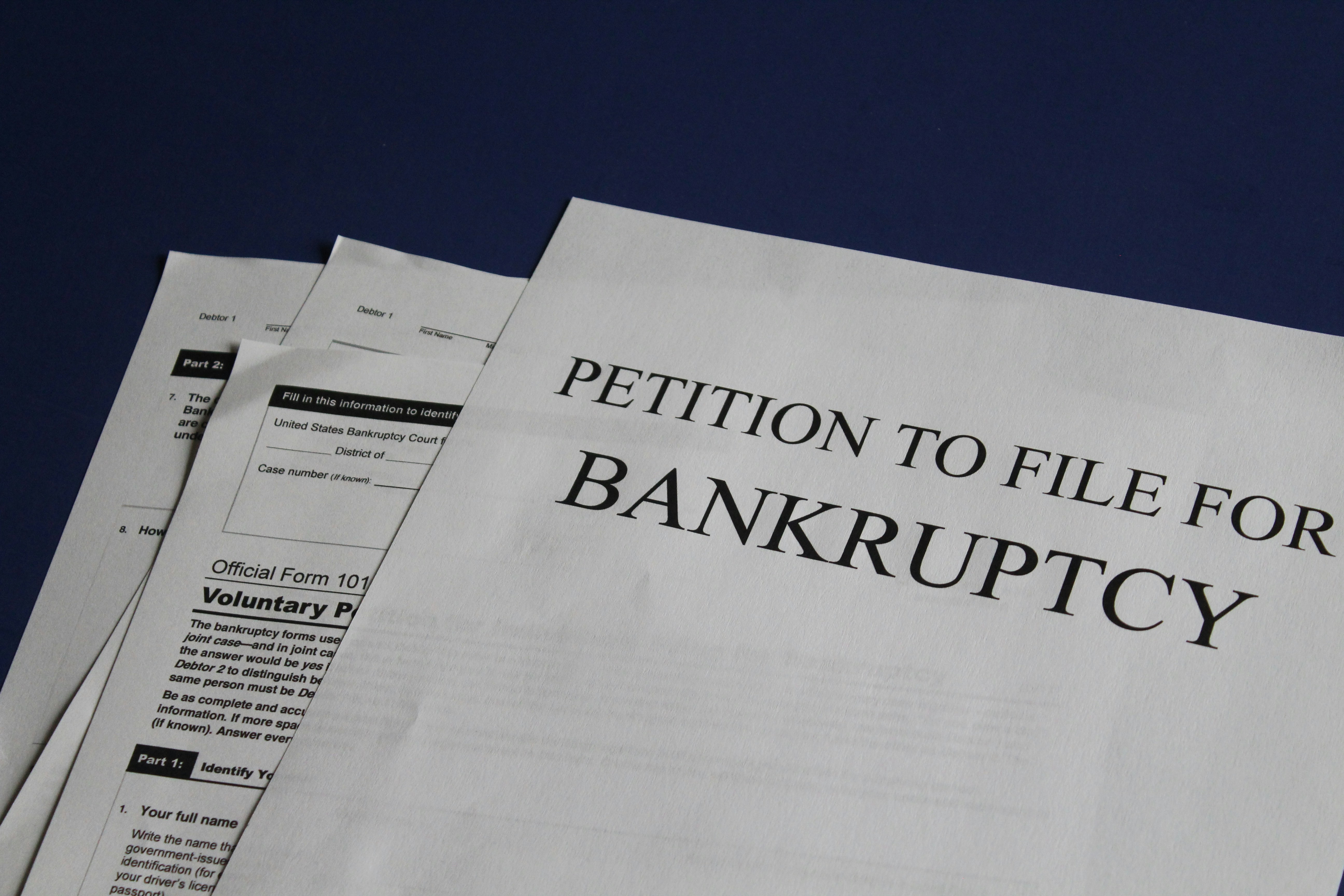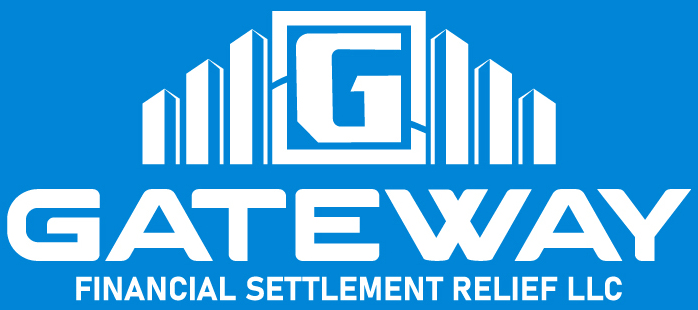Understanding Debt Settlement
Debt settlement is a financial strategy that aims to negotiate a reduction in the total amount of debt owed by a borrower. This approach involves engaging with creditors directly or through a professional debt settlement company, with the goal of reaching a mutually agreed-upon payment that is lower than the amount originally owed. Typically, individuals facing significant financial distress may choose this option as an alternative to debt consolidation loans or bankruptcy, both of which can have far-reaching consequences on one’s credit score and financial health.
The process of debt settlement begins with an evaluation of one’s financial situation. A debtor may identify the total unsecured debts they owe, such as credit card balances and personal loans. Once a comprehensive understanding of the debt load is established, the negotiation phase can commence. A debt settlement company may act on behalf of the debtor, leveraging its experience and knowledge of creditor practices to negotiate for a lower payoff amount. It is important to note that this approach requires the debtor to stop making regular payments to creditors for a certain period, as the goal is to accumulate sufficient funds to present a lump-sum settlement offer.
One of the primary distinctions between debt settlement and other financial options, like consolidation loans, is that debt settlement seeks to reduce the overall debt amount rather than combine multiple debts into a single payment. Unlike bankruptcy, which can lead to the loss of assets and significant damage to credit scores, debt settlement can provide a more discreet resolution pathway. Furthermore, the potential benefits of selecting debt settlement include a quicker resolution, often culminating in settlement within a few months to a couple of years, and the possibility of paying considerably less than the total debt owed. As individuals consider their options, understanding the nuanced differences of debt settlement can play a crucial role in informed financial decision-making.
Comparing Debt Settlement to Consolidation Loans
When examining debt resolution strategies, it’s essential to compare debt settlement and consolidation loans, as both options cater to individuals grappling with substantial financial burdens. Debt settlement involves negotiating with creditors to reduce the total amount owed, often resulting in a lump-sum payment that is less than the original debt. This method can be particularly advantageous for those seeking a quicker path to financial recovery, especially when dealing with overwhelming debt loads.
In contrast, consolidation loans serve to combine multiple debts into a single loan with one monthly payment. This typically involves extending the repayment period, which can lower monthly payment obligations but may also lead to higher overall interest costs. While consolidation can simplify the repayment process, it doesn’t inherently reduce the total debt amount as settlement does. Individuals opting for debt settlement may find it a more compelling choice when their debts are significantly large compared to their income and they wish to accelerate the resolution of their financial challenges.
Another critical aspect to consider is the impact on credit scores. Debt settlement will generally result in a more significant negative effect on one’s credit rating initially due to the reduced payments and potential defaults occurring during negotiations. However, once a settlement is reached and payments resumed, individuals may have the opportunity to rebuild their scores more quickly than they would while repaying a consolidation loan. Consolidation loans, while not directly damaging to credit scores, can still result in slow recovery if payment obligations extend over several years.
Flexibility in payments is also notable. Debt settlement allows for potential adjustments based on financial circumstances, as individuals negotiate with creditors directly. In contrast, consolidation loans typically involve fixed monthly payments that can strain budgets further. Therefore, individuals facing overwhelming financial situations should carefully weigh these factors when determining whether debt settlement or a consolidation loan is the most beneficial route for their financial recovery.
Debt Settlement vs. Bankruptcy: Weighing the Options
The decision between debt settlement and bankruptcy is a critical one, often influenced by individual circumstances and long-term financial implications. Both options provide a pathway to alleviate overwhelming debt, yet their consequences and processes differ significantly. Debt settlement involves negotiating with creditors to agree on a reduced payment amount to resolve a debt. Conversely, bankruptcy is a legal process that discharges debts or rearranges payment plans under court supervision, offering a fresh start but with more severe ramifications.
One of the primary considerations when weighing debt settlement against bankruptcy is the impact on credit scores. Debt settlement, while not devoid of negative effects on credit ratings, typically marks a less detrimental impact than bankruptcy. While settled accounts may remain visible on credit reports for up to seven years, the stigma of bankruptcy can linger for ten years, significantly complicating future borrowing prospects. Individuals seeking home loans, credit cards, or other forms of credit may find it challenging to secure favorable terms after a bankruptcy discharge.
Depending on personal financial situations, debt settlement may emerge as a more appealing choice for those looking to minimize the collateral damage to their creditworthiness. For instance, individuals who possess a stable income, albeit facing temporary disruptions in their payment abilities, may opt for debt settlement to avoid the permanent credit implications associated with bankruptcy. Moreover, debt settlement can be a preferable route for those who wish to retain control over their financial affairs, as it allows them to negotiate directly with creditors and find a manageable resolution without resorting to court intervention.
Ultimately, the path one chooses should be determined with careful consideration of both options, seeking advice from financial advisors or credit counseling services if necessary. Analysis of individual circumstances can lead to a more informed decision regarding whether debt settlement or bankruptcy better aligns with one’s long-term financial health.
The Pros and Cons of Debt Settlement
Debt settlement can present an appealing alternative for individuals seeking relief from overwhelming financial obligations. One prominent advantage is the potential for significant savings. Through negotiation with creditors, debtors may be able to reduce the total amount owed, allowing for a more manageable repayment plan. This financial reprieve can alleviate stress, as consumers often find peace of mind when they see the possibility of reducing their debts significantly.
Another key benefit is the reduced harassment from creditors. When an individual enters debt settlement negotiations, most creditors may cease aggressive collection efforts, thus granting the debtor some much-needed respite from constant communication and pressure. This can contribute positively to both mental and emotional well-being as consumers navigate their financial recovery.
However, it is also essential to consider the potential downsides of debt settlement. One notable challenge is the fees associated with debt settlement services. Many companies charge substantial fees, which can negate some of the financial advantages achieved through settlements. As a result, it is crucial for consumers to thoroughly evaluate the costs versus benefits before proceeding with this approach.
Moreover, debtors must be aware of the tax implications that may arise from forgiven debt. The Internal Revenue Service considers forgiven debts as taxable income, meaning that consumers could face unexpected tax liabilities in the future. This factor can complicate the financial landscape and must be factored into any debt settlement considerations.
In summary, while debt settlement offers clear advantages such as potential savings and relief from creditor pressure, it also entails certain risks and hidden costs. Understanding both the pros and cons can help individuals make informed decisions when seeking a viable alternative to consolidation loans and bankruptcy.


